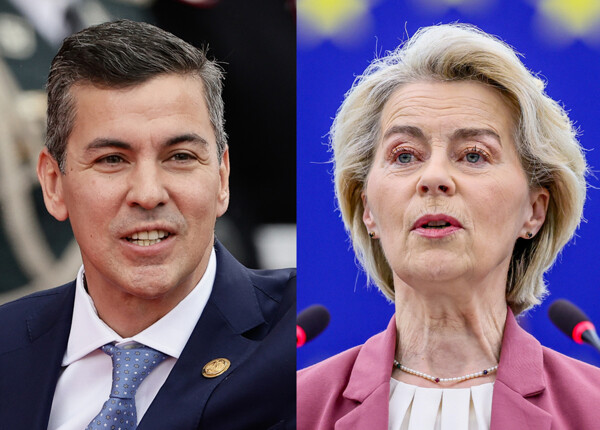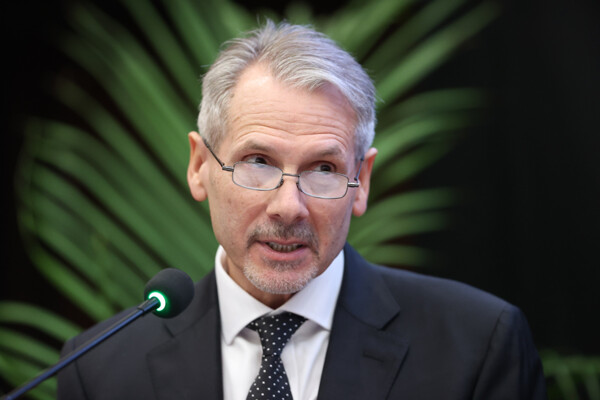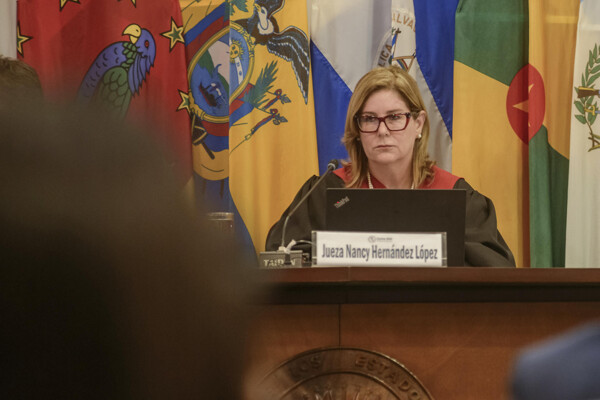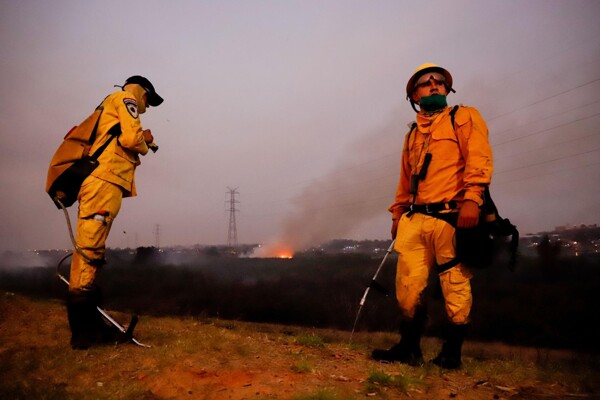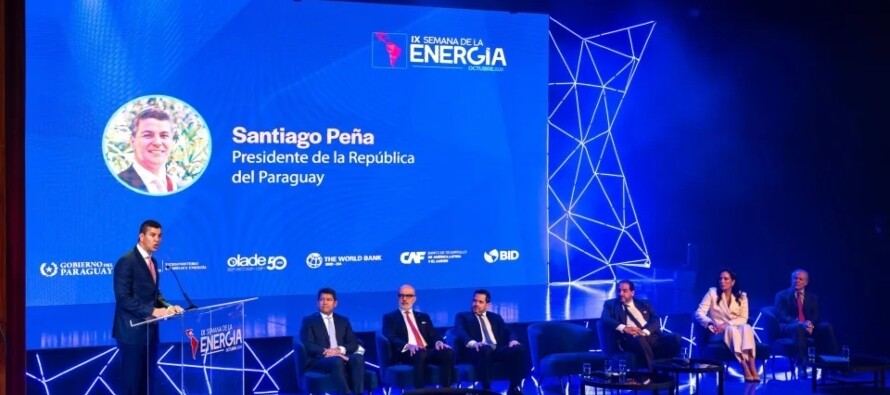
The president of Paraguay, Santiago Peña, expressed during the inauguration of the IX edition of Energy Week, organized by the Latin American Energy Organization (Olade), the ambition of his country to lead a process of energy integration that consolidates Paraguay as a strategic pillar for sustainability in Latin America.
Peña emphasized Paraguay's privileged geographical position in the heart of South America and mentioned that the country shares the exploitation of the Paraná River, the second longest river in the region, with Brazil and Argentina through the Itaipu and Yacyretá hydroelectric plants. The clean energy produced by these facilities is considered a key resource for the energy transition of the entire region.
The president urged to build a common agenda that drives a resilient and dynamic energy sector and design a roadmap that consolidates energy as a driver of economies and the pillar of social welfare in Latin America. Peña highlighted the paradox in the region of being rich in natural resources but facing challenges to use them in a sustainable, accessible, and equitable manner.
Peña stated that Paraguay aims to promote joint work among regions in search of more robust, flexible, and resilient energy systems to achieve a sustainable energy transition and regional development with social justice. Furthermore, he mentioned the importance of overcoming challenges such as access to financing, local technology development, and adaptation to the effects of climate change to reach these goals.
The executive secretary of Olade, Andrés Rebolledo, indicated that Latin America is at a crucial moment due to the effects of climate change, such as extreme droughts or severe floods, which affect energy infrastructure and jeopardize supply to meet demand. Regional collaboration is essential to address these challenges and ensure a stable and sustainable energy supply in the region.











